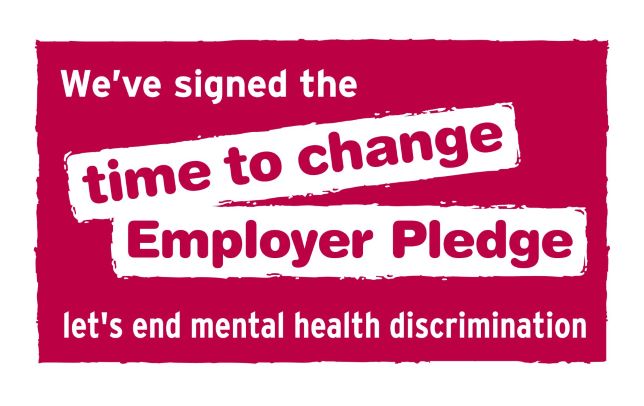January 2022
Digital Transformation of Health Services
The NHS Long Term Plan sets out a vision for a digital transformation enabling people to access health information and services online and choose whether they speak to a doctor on the phone or in person.
Covid-19 led to the rapid implementation of changes, including remote GP appointments and patients being encouraged to use online information and systems.
We wanted to understand more about people’s experiences of accessing health services and information online and having appointments remotely via telephone and video call.
In particular we wanted to hear from those who experience health inequalities, face digital exclusion or may find using the internet and remote appointments more difficult.
Our Work
712 people completed our Digital Access to Healthcare Survey from August to November 2021.
465 people completed paper copies – as part of our face-to-face engagement, with support from local community groups and organisations, by post and by telephone.
We carried out additional engagement with people with a learning disability and Autism, including an Easy Read survey.
Our Findings
We received positive feedback about being able to access health services online and having remote appointments.
Some people told us that it is more convenient and saves time, in particular being able to order repeat prescriptions online and having GP appointments without having to visit the practice.
However, 16% of respondents told us they do not use the internet and many people experienced difficulties using functions on digital devices, such as sending photographs and making video calls.
Some people had also struggled with the process of setting up and using online systems for GP access and in some cases they were not able to use functions they would like or felt the process could be simplified.
Only 27% of respondents told us they would find it easy to discuss health concerns via phone or video call.
Many people would prefer face-to-face appointments, saying that remote appointments lack personal interaction and make communication difficult. Some people expressed concerns about the ability to diagnose patients remotely.
People had concerns about the privacy, confidentiality and security of accessing services online. Many found it difficult to have a private space to have a conversation via telephone or video call.
Online access and remote appointments were especially difficult for:
- Older people
- People with a disability, including learning disability, Autism and hearing and visual impairment
- People with long term conditions including Multiple Sclerosis, Parkinson’s, Dementia and those who have experienced a stroke
- People with mental health issues
- People experiencing homelessness or on lower incomes
- Those for who English is not their first language
Our Recommendations
- Accessing the internet – Increasing access to the internet and providing training and ongoing support to enable people to use the internet and digital device functions.
- Online information – Ensuring it is clear, accessible and accurate and there is always a non-digital alternative.
- Online systems for GP access – Reviewing set up process and systems used by GP practices, for accessibility and use of functions. Providing patients with clear information and support when needed to use systems.
- GP appointments – Reviewing appointments systems within GP practices, ensuring ability to contact practice and book appointments, availability of remote and face-to-face appointments, flagging systems are in place and that reasonable adjustments and flexibility based on individual needs are made where required.
- Specific considerations in relation to mental health, learning disability and Autism and carers – Including flagging systems, understanding of anxiety and communication needs and difficulties in relation to remote appointments and online access.
- Communication of key messages and building trust
- Wider expansion of digital services – Consideration of health inequalities, those who experience digital exclusion and report findings and recommendations as part of digital transformation across health and social care services in Worcestershire.
The system response to recommendations, on behalf of Worcestershire health services will be published alongside the full report on our website –
www.www.healthwatchworcestershire.co.uk/digital-access-to-healthcare-report



